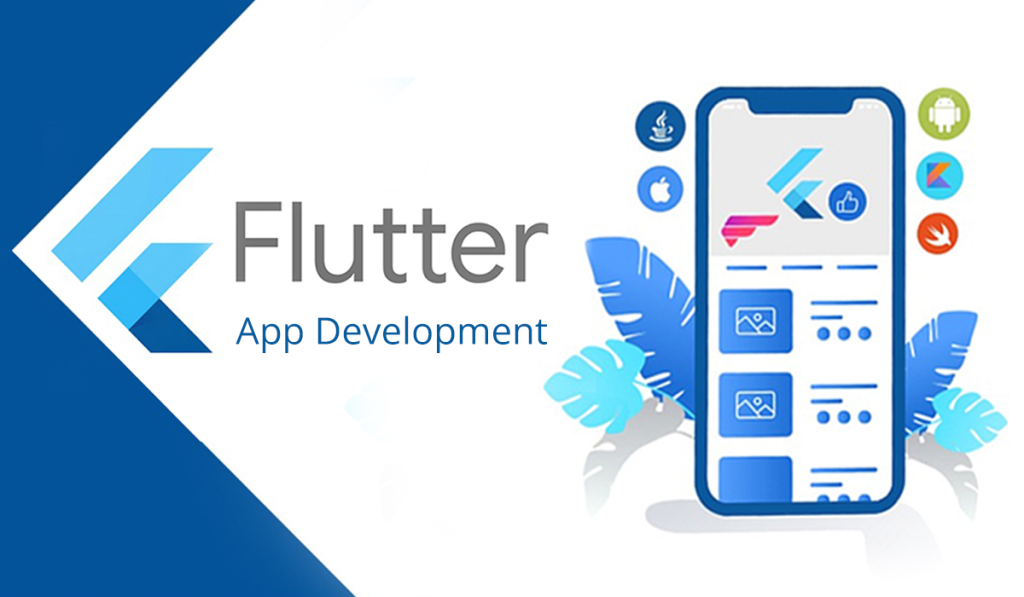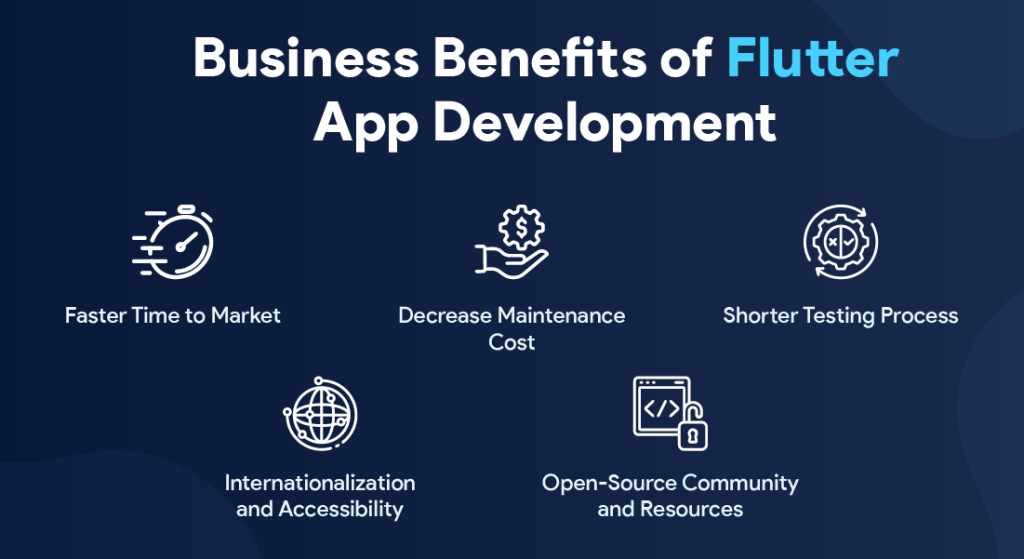
What is Flutter?
Flutter is an open-source UI software development kit created by Google. It’s used to develop cross-platform applications for Android, iOS, Linux, Mac, Windows, Google Fuchsia, and the web from a single codebase. Here’s why Flutter is significant and how it compares with other frameworks:
Why Flutter?

- Cross-platform Development: Flutter allows developers to write a single codebase that runs on multiple platforms. This reduces development time and effort as compared to native app development where different codebases are needed for each platform.
- Hot Reload: Flutter’s hot reload feature enables developers to see the changes in code on emulators, simulators, and hardware instantly. The immediate feedback loop accelerates the development process by allowing quick tweaks and bug fixes.
- Rich Widget, Animation, and Customizable UIs: Flutter comes with a rich set of fully-customizable widgets that helps in building complex and animated user interfaces. Widgets are the building blocks of a Flutter app’s UI, each representing a declarative aspect of the UI.
- Performance: Flutter applications are compiled directly into native code, which improves the performance. It doesn’t rely on any intermediate code representations or interpretation, which means that Flutter apps run nearly as fast as native apps.
How It Compares to Other Frameworks
- React Native: Like Flutter, React Native is also popular for cross-platform development. While React Native translates the source code to native elements at runtime, Flutter compiles to native code ahead-of-time. Flutter tends to have better performance benchmarks due to this difference.
- Xamarin: Xamarin forms UI components into native platform equivalents, which can lead to slightly less consistent performance compared to Flutter. Flutter maintains consistent behavior across platforms because it has its own widgets and rendering engine.
- Ionic: Ionic uses web technologies to build apps, which generally perform slower than the native apps. Flutter, being closer to the metal and using a compiled development approach, generally offers superior performance.
Benefits of Flutter

- Faster Time to Market: Flutter significantly reduces the time needed to develop apps across multiple platforms. The single codebase and the wide range of fully-customizable widgets expedite the development process.
- Reduced Cost of Development: Since Flutter enables cross-platform development, it reduces the resources and the team size needed as compared to native development for each platform.
- Near-Native Performance: As Flutter apps are compiled into native code, they perform almost as well as native apps on major performance metrics like scrolling, network latency, and graphics animations.
- Large and Growing Community: Being backed by Google, Flutter has a robust community support and ecosystem. This includes a wide range of third-party packages and plugins which can be integrated into Flutter apps to extend their capabilities.
These features make Flutter a compelling choice for developers looking to build high-quality, natively compiled applications for mobile, web, and desktop from a single codebase.